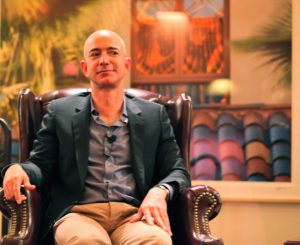Unburdening itself from its somewhat risky liquified natural gas venture, Toshiba Corp. completed the sale of Toshiba LNG Corp to oil and gas powerhouse Total SA of France for $15 million. The sale is part of the Japanese firm’s restructuring process.

The sale was announced in June when Toshiba realized it would have a hard time profiting from US-produced LNG for Japanese utilities due to the fall of the price of LNG. As it is, the sale to Total SA will still result in a loss for Toshiba of about $847 million for the fiscal year ending in March. Toshiba plans to pay Total about $815 million to take the contracts Toshiba is already committed.
Toshiba’s deal with the US firm to have the rights to process U.S.-produced gas into 2.2 million tons of LNG each year for 20 years beginning in 2019 was brokered back in 2013.
Toshiba’s restructuring comes in the wake of a fraud scandal that came to light in 2015, and after Westinghouse Electric Company, a nuclear power subsidiary, went bankrupt in 2017.


